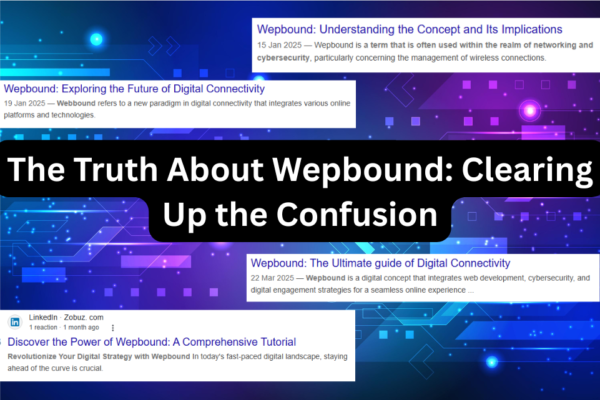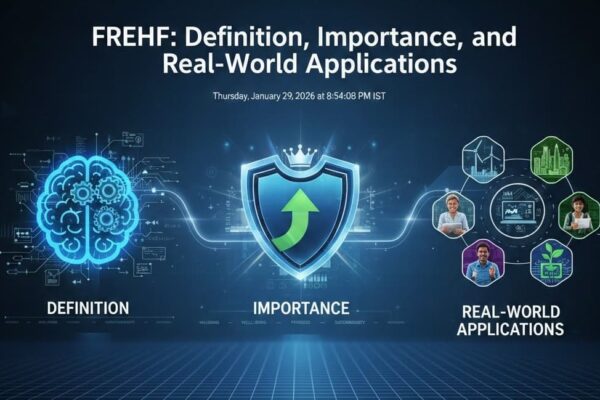In texting, ION typically stands for “In Other News.” It’s a conversational phrase often used to shift topics or introduce new information casually and smoothly. For example:
- “ION, did you hear about the concert next week?”
Interestingly, ION can also be a pun or play on the word “ion,” referring to electrically charged particles in science. However, texting use is entirely conversational and unrelated to science.
Why Do People Use ION in Texting?
- Simplicity and Brevity
- Abbreviations like ION make texting quicker and more efficient, saving time while conveying the message.
- Smooth Transitions in Conversations
- ION helps seamlessly shift the focus of a conversation, especially when you want to introduce something unrelated.
- Relevance in Casual Chats
- It aligns with the informal nature of texting, making conversations feel natural and relatable.
What Does ION Mean for GenZ?
ION has two meanings among GenZ. It’s short for “In Other News” when switching topics (like, “ION, I got accepted into my dream school!”), but it also means “I don’t” or “I don’t know” (like, “Ion wanna go out” or “Ion know what to wear”). Either way, it keeps convos short and chill—Gen Z style.
Similar and Fun Slangs to Use in Text
Here’s a list of other popular slang terms you might find handy, with examples:
- BRB: Be right back. Example: “Hold on, BRB, grabbing a snack!”
- FYI: For your information. Example: “FYI, the meeting got postponed.”
- IDC: I don’t care. Example: “IDC what movie we watch tonight.”
- TBH: To be honest. Example: “TBH, I do not like spicy food.”
- SMH: Shaking my head. Example: “SMH, I can’t believe you forgot your keys again.”
- YOLO: You only live once. Example: “Let’s book the trip—YOLO!”
- IMO: In my opinion. Example: “IMO, this is the best pizza in town.”
- ICYMI: In case you missed it. Example: “ICYMI, the event starts at 6 PM.”
- TMI: Too much information. Example: “That’s TMI; I didn’t need to know that!”
Using these slangs can make your texts more engaging and relatable, especially with friends or close connections.
If you want more short-forms like these then click here
A Quick Origin of Text Slang
Texting slang emerged from the early days of SMS, where character limits encouraged people to shorten words. Over time, abbreviations like LOL, OMG, and now ION became cultural staples, adding personality and creativity to digital communication.
FAQs
Here are five commonly asked questions about ION and texting slang:
- What does ION stand for in text messages?
It means “In Other News,” often used to shift topics in a conversation. - Can ION mean anything else?
While it primarily means “In Other News,” it can also refer to “ions” in scientific contexts, though unrelated to texting. - How do I use ION in a conversation?
Use it to transition topics casually. For example, “ION, did you hear about the new café?” - What are some other popular texting abbreviations?
These include BRB, FYI, TBH, SMH, YOLO, and ICYMI. - Is texting slang appropriate in all contexts?
No, it’s best reserved for informal chats and should be avoided in professional or formal communications.
Conclusion
In summary, ION stands for “In Other News” and is a handy slang term for casual conversations. Its simplicity and relevance make it popular among texters who value brevity. However, as with any slang, moderation is key—embracing these terms adds personality to your texts without compromising clarity.
Start incorporating ION and similar slangs in your chats today to stay trendy and efficient!
Read more such interesting blogs on KnowSomethingNew.














Recent Comments